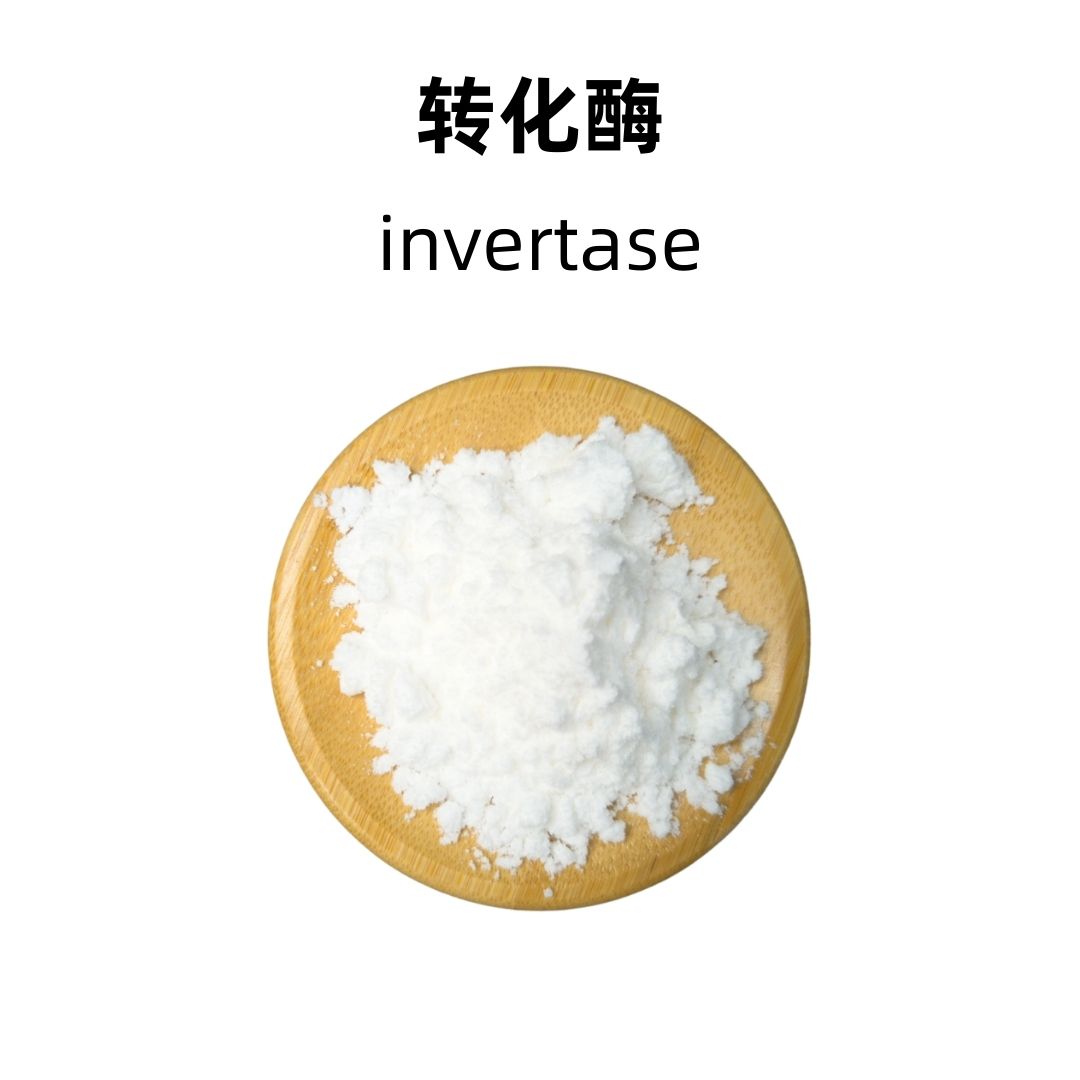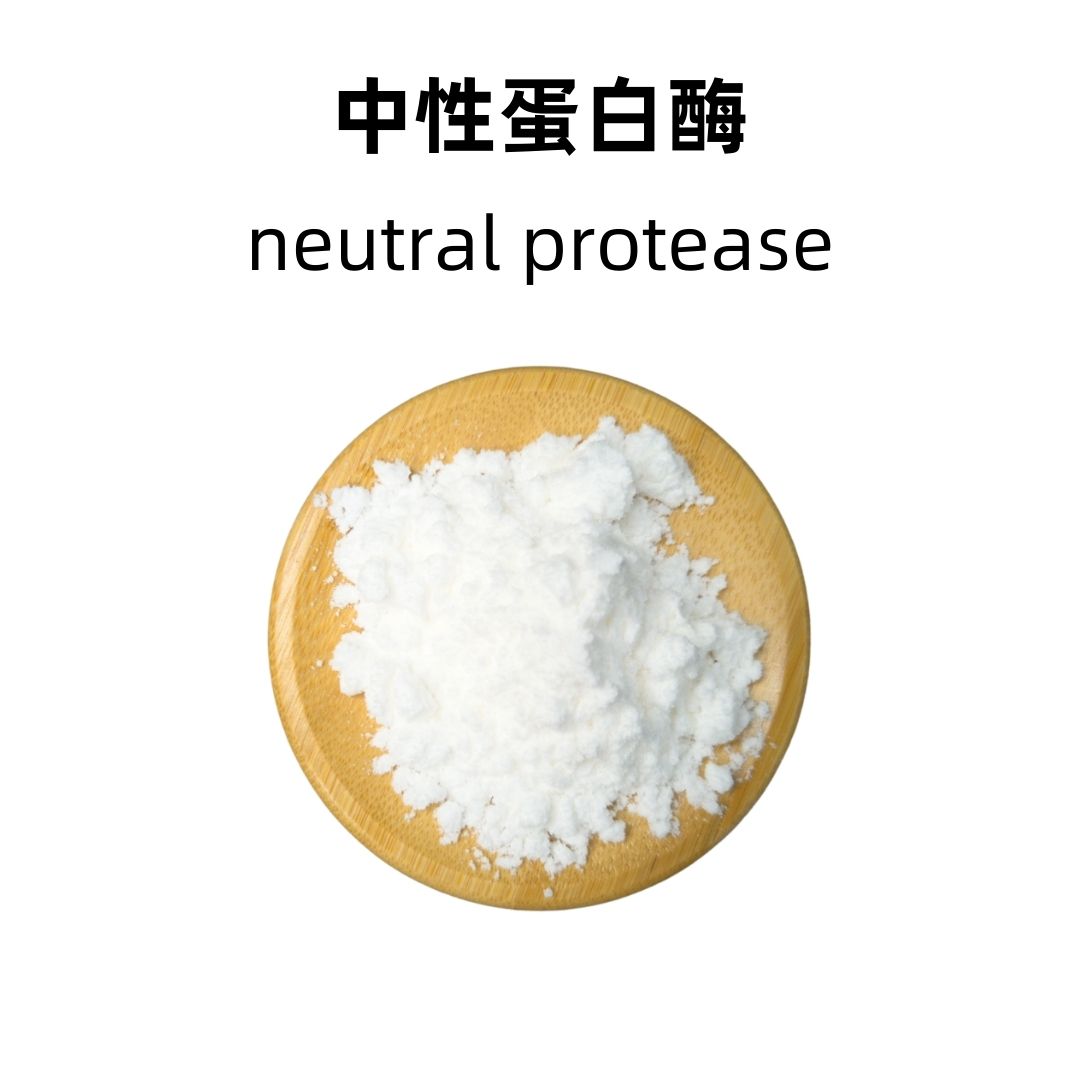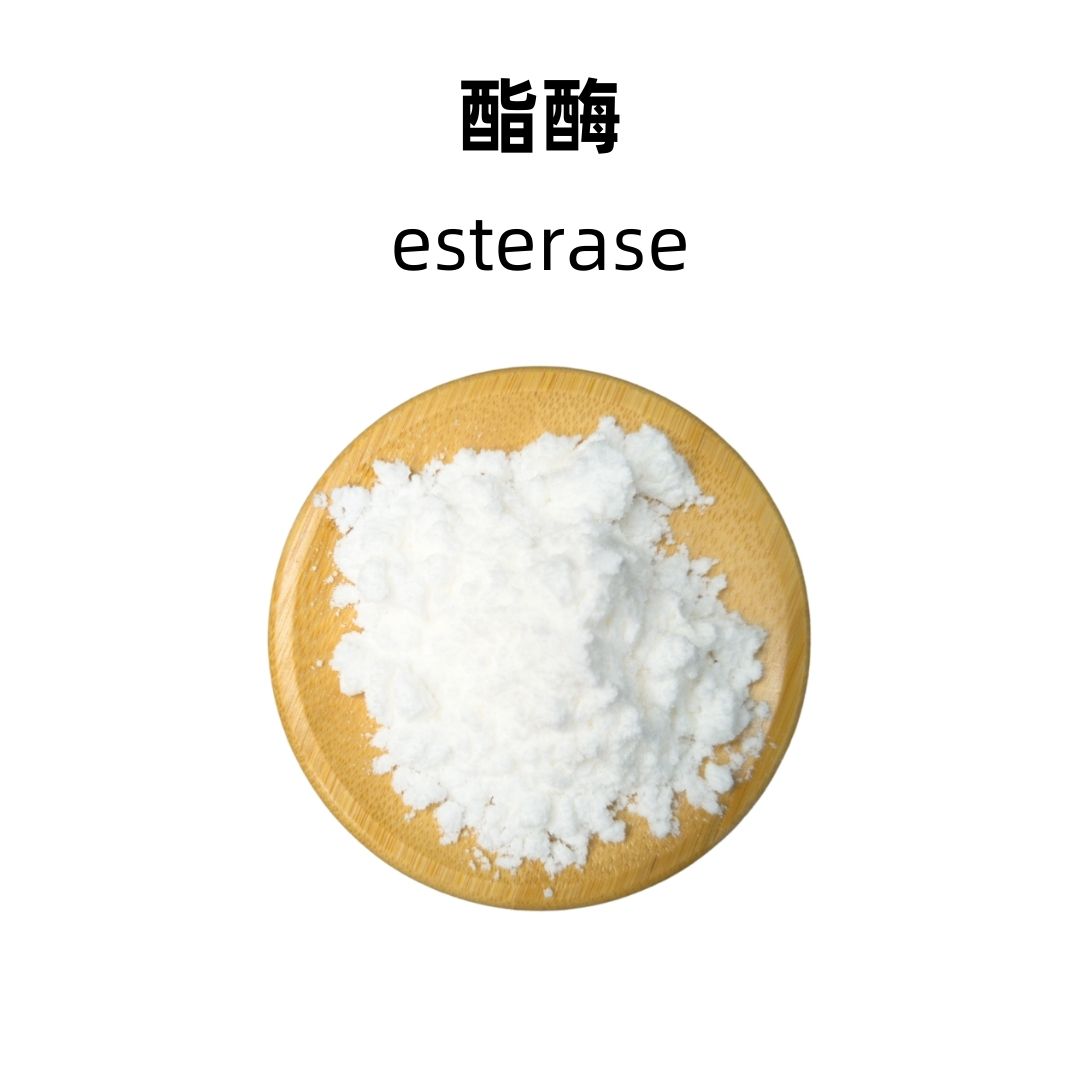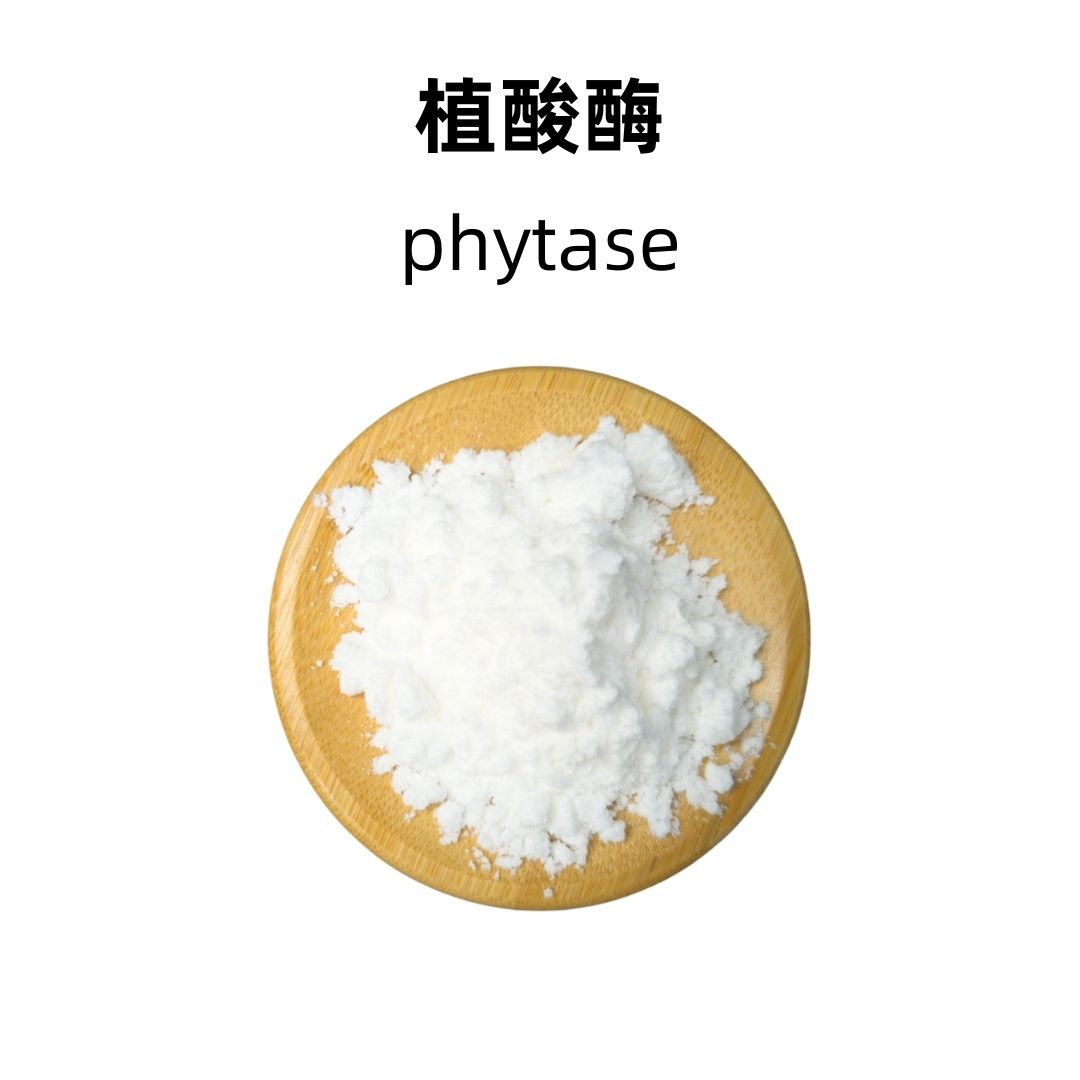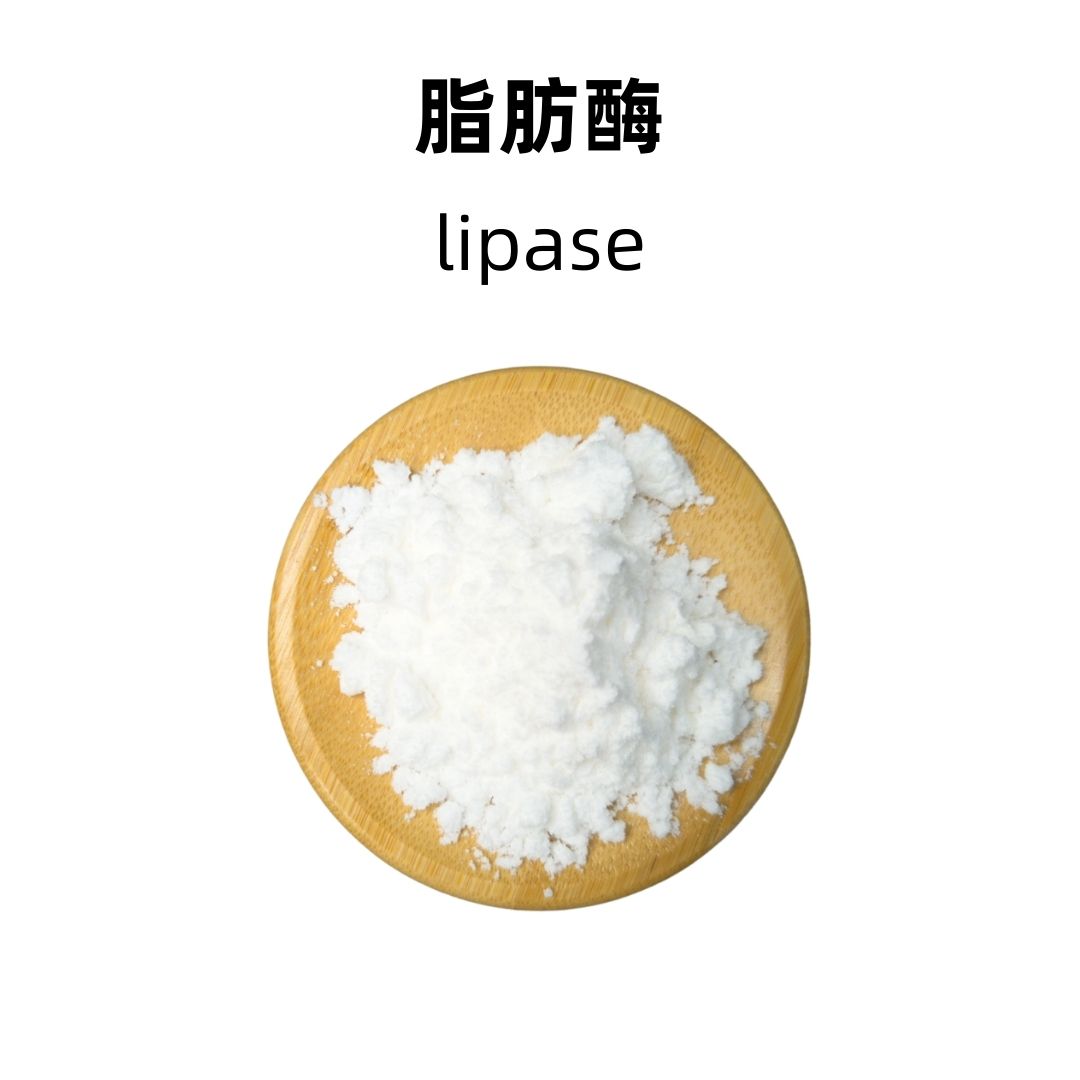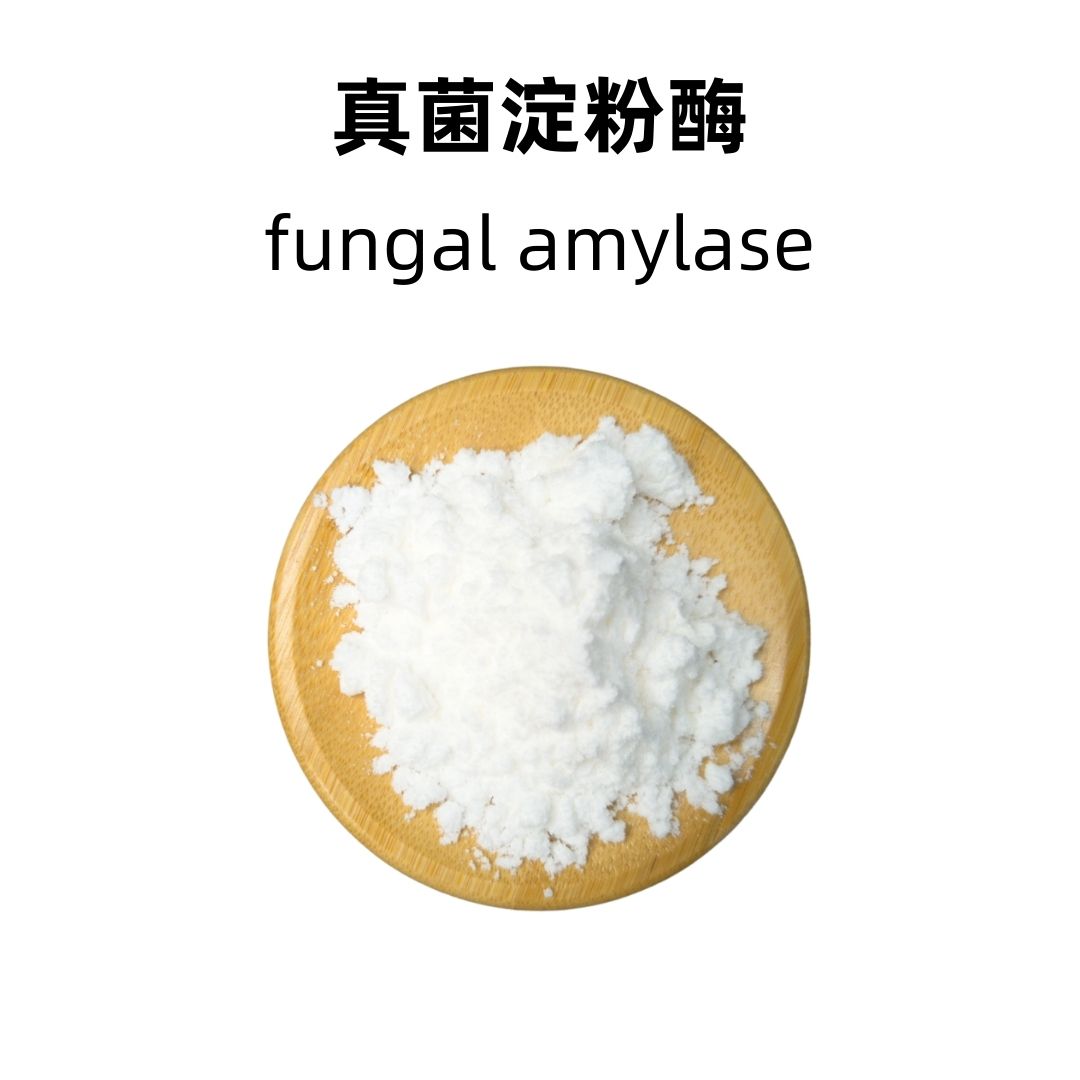Product Introduction
Chymosin is a milk-clotting enzyme that plays a critical role in cheese production. It is naturally found in the stomachs of young ruminant animals, where it aids in the digestion of milk. This enzyme is essential for turning liquid milk into curds, a crucial step in the cheese-making process. With its ability to coagulate milk proteins, chymosin facilitates the separation of whey and curd, forming the base for various types of cheese.
Production Process
The production of chymosin typically involves extraction from the stomach lining of young calves or the synthesis through recombinant DNA technology. In traditional methods, the enzyme is collected from the mucosa of the fourth stomach compartment of these ruminants. Modern manufacturing processes may employ biotechnology to produce chymosin in a laboratory setting, ensuring a consistent and high-purity product. This biotechnological approach has become popular due to animal welfare concerns and the growing demand for vegetarian cheese options.
Effects and Functions
Chymosin functions primarily by cleaving the milk protein casein at specific sites, which allows for the formation of a gel-like substance when milk is coagulated. This process not only aids in cheese production but also impacts texture and flavor. Chymosin is known for its efficiency in curd formation compared to other enzymes, leading to higher cheese yields. Its effectiveness in lower concentrations makes it a valuable ingredient in the dairy industry.
Application Scenarios
Chymosin is primarily utilized in the dairy industry for cheese production, including hard, soft, and semi-soft cheeses. It is an essential ingredient in manufacturing popular cheeses such as cheddar, mozzarella, and gouda. Apart from cheese, it may also find applications in other dairy products where milk coagulation is necessary. Additionally, it plays a role in the culinary field, helping chefs create unique cheese dishes and pairings.
Packaging and Storage
Storage Conditions: The product should be sealed, protected from light, kept away from high temperatures, and stored in a dry, cool, and well-ventilated place.
Packaging: Bulk: 25 kg per fiber drum. Sample: 1 kg per aluminum foil bag. Custom packaging is available upon request.
Shipping Methods: FedEx, DHL, dedicated logistics, and sea freight consolidation.
Shelf Life: Two years.
Monica Sun possesses extensive technical expertise and market insights in the food additives industry. She excels in designing efficient and safe additive formulations tailored to various food applications, ranging from sweeteners to functional dietary fibers. Monica has successfully assisted food manufacturers in optimizing ingredient combinations to enhance product quality and improve consumer satisfaction.









